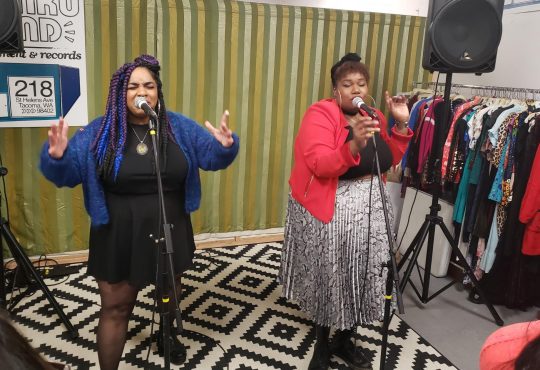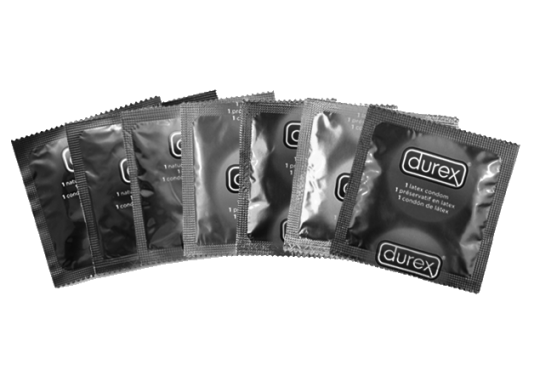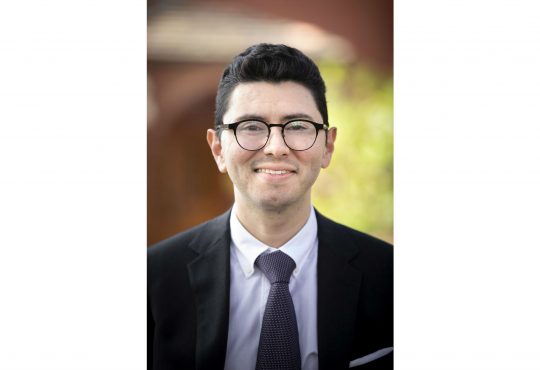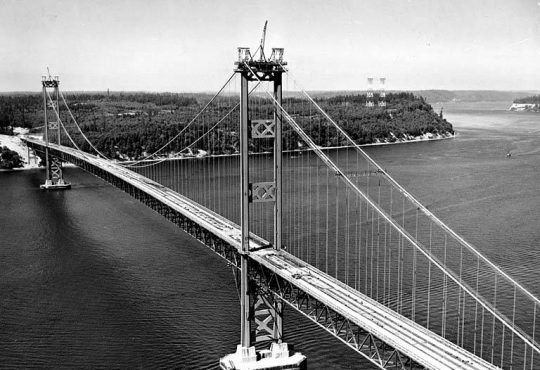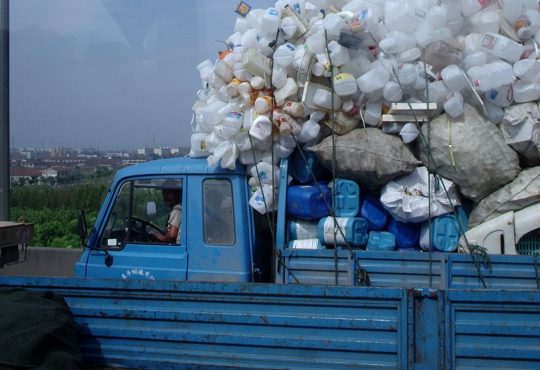On April 22, a special re-election will be held for proposition no. 1, which failed to pass last November.
Sponsored by the Metropolitan Park District of Tacoma, this proposition would use approximately $198,000,000 for street improvements and safety upgrades.
“From what I’ve read, it seems to be a relatively reasonable solution to keep Tacoma safe and maintained,” freshman Katelyn Rosen said.
The money would be generated by placing an additional two percent tax on the revenue of utility companies such as electric, telephone and natural gas companies.
However, almost 75 percent of the funding needed would come from electric companies. Some students have expressed concerns about the effect this may have on living expenses.
“I feel like we do need nicer roads,” freshman Rosalie Boyle said. “[However], the additional tax on those companies will drive the cost of living up.”
Utility companies could potentially raise their prices in response to these higher taxes, according to details outlined in the proposition.
Although companies would need to seek City Council’s approval, price elevations could cost the average household about $4.70 per month.
“I support this. There is a risk that utility companies will raise prices so that they will retain their pre-prop 1 revenue,” freshman Neha Ketkar said. “However, City Council will at least be able to oversee any increase in consumer utility bills, which is good, unless of course City Council implements policies that the residents of Tacoma cannot afford.”
The $11 million generated each year would be used to repair approximately 18,000 potholes.
Roughly 510 residential blocks will be repaved, and safety crosswalks (as well as flash beacons) will be improved in 46 school zones.
“There are definitely road work issues, such as potholes, which need to be fixed,” Ketkar said.
Further enhancements would include restoration of traffic signals in over 70 intersections.
If enacted into a law, this proposition will save Tacoma citizens thousands of dollars paid each year because of vehicle damage caused by roads that need to be repaired.
Although this proposition only applies to Tacoma neighborhoods, it has the potential to financially impact all of Pierce County.
If a particular utility company has customers outside of Tacoma, those households will face a higher price for their utilities as well.
“While I realize that Tacoma is in dire need of repairing its roads, taxing residents that live outside of city limits seems unfair,” freshman Will Spengler said.
“I support raising taxes to improve infrastructure as long as it does not penalize individuals who don’t benefit from improving Tacoma’s roads.”
Of the paved streets in Tacoma, only about one-fourth are considered to be satisfactory, according to the International City/County Management Association.
In comparison, when judged by the same standards, about half of the streets in Portland are considered to be satisfactory. Most students asserted that the need for repairs greatly outweighs the amount of money required.
“It really isn’t that much money, and it would in turn be reused on the public,” sophomore Daniel Rubin said. “Sounds like a great idea.”

